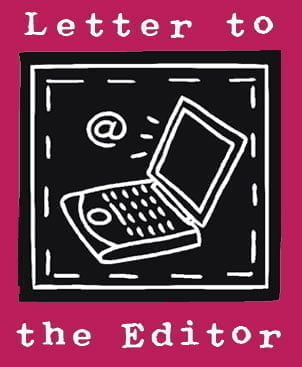Your editorials occasionally refer to the conundrum of increased housing and traffic congestion [on] PCH.
Food for thought: Our legislators, whether it be Assemblymember Richard Bloom, Senator Ben Allen or past Senator Fran Pavley’s replacement [Henry Stern], talk a good story about the congestion, CO2, global warming, etc.—offering piecemeal proposals that are impractical and ineffective.
Given the dire consequences of inclusionary, or upzoning housing, the greater numbers of cars given to limited road space, freeways, increasing urban congested streets—standard plans exacerbate the congestion.
Here’s a solution to consider for the above:
Housing needs to be spread out throughout the state that can well afford housing expansion with enterprise zones, ie., tax incentives for employment, with none supplanting agricultural lands for R1 or low density housing.
I call it “The License Plate Traffic De-Congestion Plan.”
With the exception of those vehicles registered in the non-congested areas of the state and, most importantly, commercial licensed vehicles, for the remainder, when we receive our vehicle registration, we also receive a tag designating a non-drive day. Substitutes for non-travel days would be utilizing mass transit, bicycle racks on the buses, shuttles in Malibu’s mountains, carpooling, and accommodations for medical emergency cars with a doctor’s write-off.
The above plan has no taxpayer cost and can be quickly implemented given a state legislative OK.
Given that mass transit is always an option, the congestion continues.
Unfortunately, current plans are for continued road widening, more mass transit, gondolas and pay-to-drive schemes, resulting in quality issues and housing displacements.
Enforcement to the above License Plate Plan is the same as driving through a red light—ie., a ticket.
Think about it—taking numbers of cars off the road equitably, and instituting use of mass transit.
Mitchell Lachman

